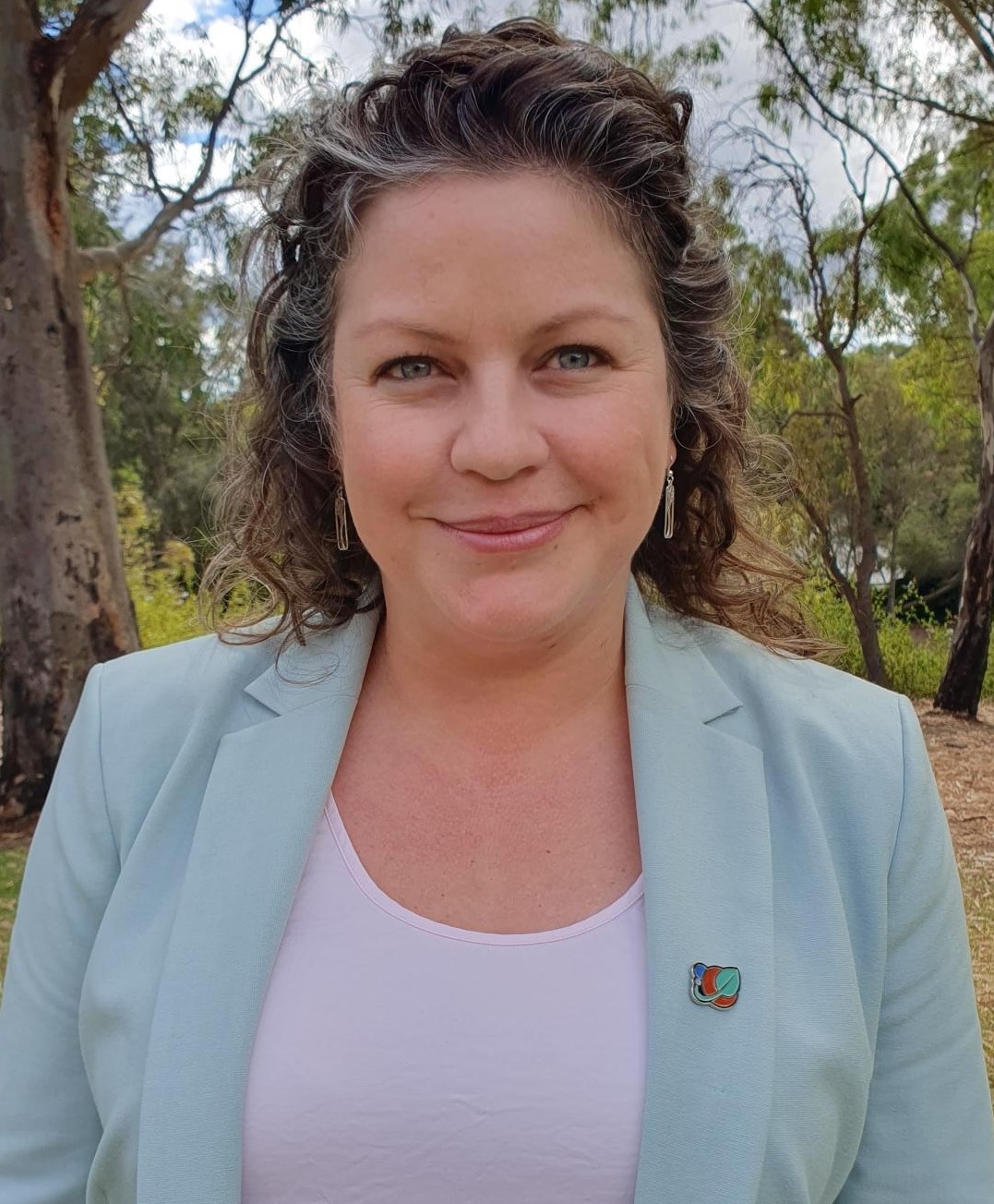A big congratulations to A/Prof Jenny Mortimer (in photo) who has been awarded the Bruce Stone award for excellence in plant polysaccharide biochemistry. Jenny will be presented this award at the Plant Cell Wall International Meeting in Chile in June this year.
Furthermore, the ARC Centre of Excellence in Plants for Space (P4S) team have we have been awarded a NASA grant (for investigations with LEAF Beta) to put a payload on the Artemis 3 mission. From the P4S SA Node it is A/Prof Jenny Mortimer who is involved with this project. The investigations mean putting an experiment containing plants on the surface of the moon. This is a pretty impressive undertaking, and will no doubt go down in the pages of history when the academic custodians of the time reflect back on another 100 years at the Waite come 2124. More about the announcement can be read here.
The program is being led by Space Lab Technologies, a Centre of Excellence in Plants for Space Partner Organisation. Through this grant, Jenny will be able to employ a post-doc for 3 years at the University of Adelaide Waite Campus.
Further congratulations to Waite campus residents go out for several SAGIT grants awarded to AFW staff:
– A/Prof Luke Mosley & Dr Han Weng: An improved and rapid test to inform sodic soil management
– Dr Ehsan Tavakkoli , Dr Steph Watts-Fawkes, Dr Han Weng, A/Prof Glenn McDonald: Re-engineering hostile soils for sustainable and profitable grains production in South Australia
Further awards that have been announced recently include:
– Dr Emily Leyden who has been awarded ~$260K for a project entitled ‘Future Opportunities for the Dry Creek Saltfields’, as part of the Green Adelaide Board’s Blue Carbon Futures Fund.
– Dr Shervin Kabiri who has recently been awarded ~$487K for her tender that was submitted to the Department of Agriculture, Food and Fisheries. The objectives of this research will evaluate levels of PFAS in livestock and environmental compartments on properties that have used human derived bio-solids or used effluent water for irrigation. It will also investigate livestock exposure pathways and characterise the determinants of variability in livestock exposure to PFAS to aid risk assessment considerations, and assess if and how farming practices impact accumulation and what interventions can reduce the body burden of PFAS where livestock have been exposed.

